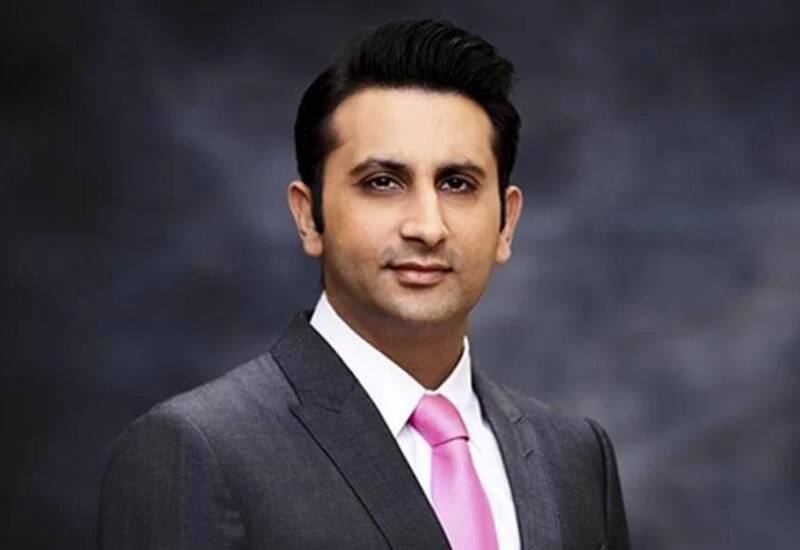New Delhi: Serum Institute of India (SII), the manufacturer of the Covishield vaccine, plans to charge a special price of ₹200 per dose for the first 100 million shots that it supplies to the government, chief executive Adar Poonawalla said. The company plans to price the vaccine at ₹1,000 per dose in the open market, once it is allowed to do so by the government, Poonawalla said in a telephonic interview.
Serum Institute, Poonawalla said, expects to sign a procurement pact with the government this week to ascertain the number of shots that would be needed. He said exports of the vaccine will require government approval and are likely once India feels secure about local supply.
The Covishield vaccine, originally developed by AstraZeneca Plc and the University of Oxford, received an emergency use licence in India on Sunday. Edited excerpts of an interview:
When do you expect to sign a procurement deal with the government and for how many doses?
I’m waiting to sign an agreement with the government for procurement so that I know where to send how much. We were waiting for this licensure to be announced by DCGI (Drugs Controller General of India) and now, I think, this week they should sign with us. Then, within seven to 10 days from signing and telling us where to send the vaccine, I can ship it out by air and road. We have packed 40-to-50 million doses. I think they will take it in tranches of 10-to-15 million. They indicated verbally they will take 10 million doses to start with and see how it goes.
What is the price you will be charging the government?
We are asking for a price of ₹200 per dose, which I think is slightly less than $3, as a special case, for the first 100 million doses that the government procures. This is meant to support the government in vaccination of the needy and the vulnerable, and then we will sell it at a slightly higher price. Later to the private market, we will sell it at an even higher price of ₹1,000, but that is going to be after March-April as the government has put a restriction that we cannot sell in the private market or export the vaccine till they feel secure enough about domestic supply.
What were the other conditions for emergency use?
The other conditions were only about follow-up for safety in the trials as time goes on. That was it, and it is not restrictive in terms of what we can do in terms of the product.
What is the dosage, the gap between doses and its efficacy?
These are two full doses given at an interval of one to three months. This is what the packaging insert will say, but it is currently being looked at by DCGI. In terms of efficacy, it is 62% if doses are given one month apart and, as AstraZeneca CEO Pascal Soriot had said a week ago, we also can get 90% efficacy if we space the doses two to three months apart. In fact, even according to the trial results published in Lancet, initial data showed the vaccine had 62% efficacy if given within one month and the other trial showed 90% efficacy in people who got the vaccine with a two- to three-month gap. And while it was half dose in the trial, whether it is half dose or full dose, that is not going to make a difference. It is a commonly known fact that for most vaccines, even non-covid ones, the longer the gap between the first and booster dose, the better the efficacy.
You have sought indemnity for vaccines.
We have written officially as part of the Indian Vaccine Manufacturers’ Association, and we will probably hear back from them (government). They may also have to take it through the law ministry, and take legal opinions, and then decide whether they can provide indemnity. We have asked for indemnity to vaccine producers only during the pandemic. In a pandemic, if a court stops and puts an injunction , the vaccine programme of the country will suffer.


